Full Automatic Constant Pressure Variable Frequency Water Supply Equipment is a new generation of hi...
See DetailsInnovations and Market Trends in Stainless Steel Self-Priming Chemical Pumps for Industrial Applications
Industry News-In recent years, the demand for advanced pumping solutions in the chemical industry has accelerated, driven by the need for higher efficiency, durability, and safety in handling aggressive and corrosive fluids. Among these solutions, stainless steel self-priming chemical pumps have emerged as a critical technology, combining corrosion resistance with operational flexibility. This article explores the developments, market trends, and applications of stainless steel self-priming chemical pumps, emphasizing their growing role in modern chemical processing plants and related sectors.
The Rising Need for Reliable Chemical Pumping Solutions
Chemical processing environments often involve the transfer of hazardous, volatile, or corrosive liquids. Traditional pumps frequently face challenges such as rapid wear, contamination risks, and complex maintenance requirements. Stainless steel self-priming chemical pumps address many of these issues by offering:
corrosion resistance: Stainless steel, particularly grades like 316 and duplex, resists a wide spectrum of chemical agents, extending pump life and downtime.
Self-priming capabilities: These pumps can automatically evacuate air from suction lines and begin fluid transfer without external priming devices. This feature is especially valuable in processes with intermittent pumping or where suction lines may contain gas pockets.
Versatility and ease of maintenance: Modular designs with easily replaceable parts simplify maintenance, reducing operational costs and improving plant productivity.
Technological Advances Fueling Performance Gains
Recent technological innovations in stainless steel self-priming chemical pumps focus on efficiency, smart monitoring, and environmental compliance:
Enhanced hydraulic design: Manufacturers are leveraging computational fluid dynamics (CFD) to optimize impeller and volute geometries, resulting in higher flow rates and reduced energy consumption.
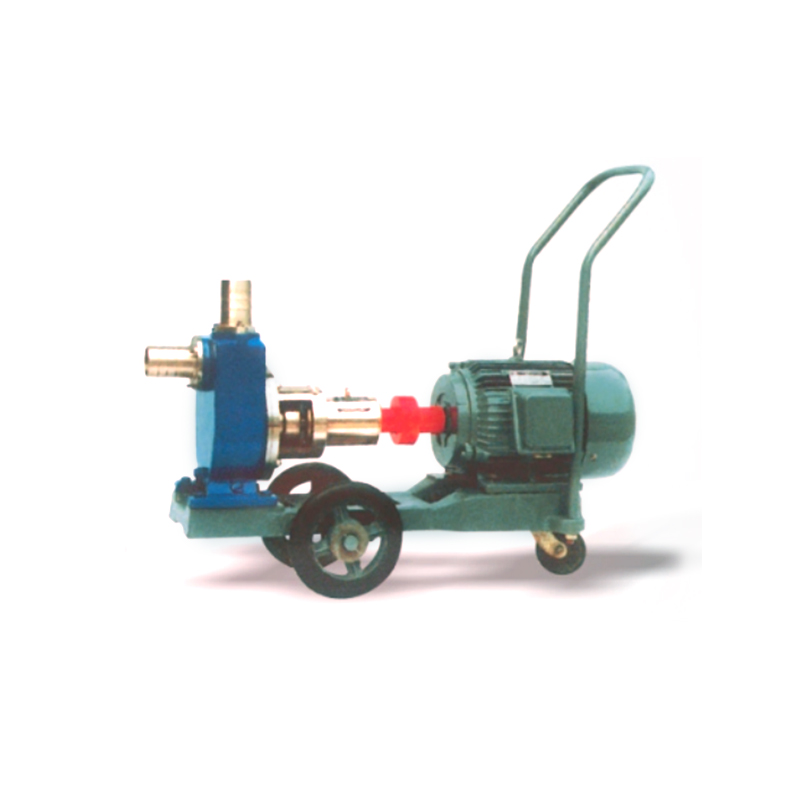
Sealing technology improvements: New mechanical seals made from durable, chemical-resistant materials reduce leakage risks, a crucial factor in hazardous chemical environments.
Integration of IoT sensors: Pumps equipped with sensors to monitor vibration, temperature, and flow rate enable predictive maintenance, unplanned outages and lifespan.
Energy-efficient motors and drives: Variable frequency drives (VFDs) allow pumps to operate closer to conditions, cutting down on electricity costs and carbon footprint.
Market Dynamics and Demand Drivers
The global market for stainless steel self-priming chemical pumps is expanding, propelled by several key factors:
Growth in the chemical and petrochemical sectors: The expanding production of specialty chemicals, pharmaceuticals, and petrochemical products requires dependable fluid handling solutions capable of managing diverse fluids safely.
Stringent environmental regulations: Industries are compelled to adopt pumps with zero-leakage designs and energy-saving features to comply with environmental standards, boosting demand for advanced stainless steel pumps.
Infrastructure development in emerging economies: Rapid industrialization in regions such as Asia-Pacific and the Middle East drives the installation of new chemical plants, where stainless steel pumps are favored for their durability and adaptability.
Rising preference for stainless steel over traditional materials: Compared to cast iron or plastic pumps, stainless steel variants offer better longevity and chemical compatibility, making them choices in harsh environments.
Key Applications Across Industries
Stainless steel self-priming chemical pumps are widely used in a variety of sectors:
Chemical manufacturing: Handling acids, alkalis, solvents, and aggressive chemical mixtures during processing, batching, and transfer.
Pharmaceutical industry: Ensuring sanitary, contamination-free transfer of high-purity liquids and solvents.
Food and beverage processing: Pumping cleaning solutions, additives, and other fluids requiring corrosion-resistant and hygienic equipment.
Water treatment: Transporting chemical reagents like chlorine and flocculants for water purification.
Petrochemical plants: Managing the movement of various fuels and chemical intermediates under demanding conditions.
Challenges and Future Outlook
Despite their advantages, stainless steel self-priming chemical pumps face challenges including higher initial investment costs compared to non-metallic or less corrosion-resistant pumps. Additionally, the complexity of self-priming mechanisms demands skilled maintenance personnel.


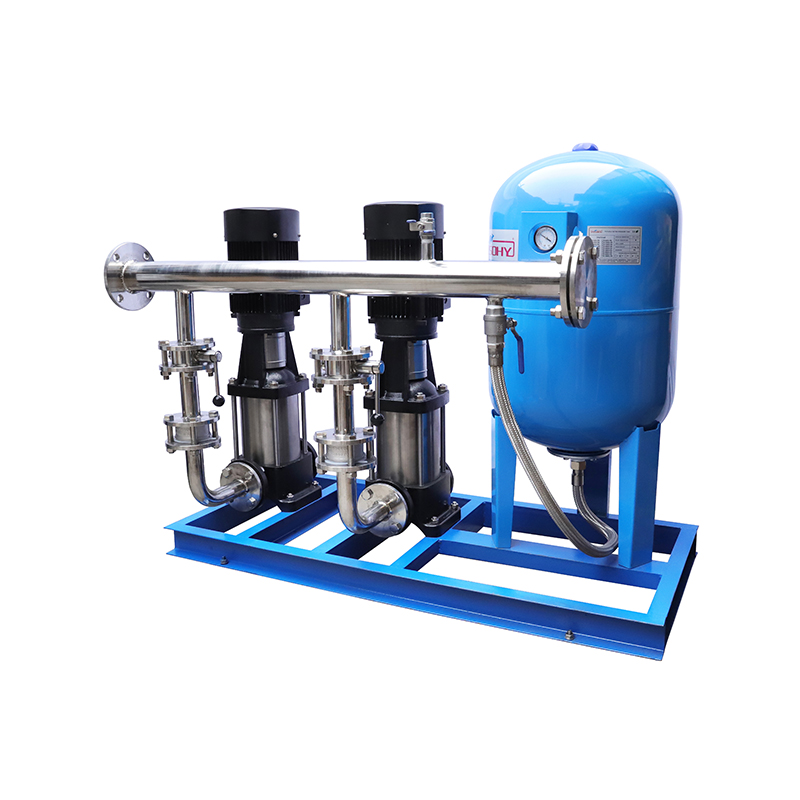
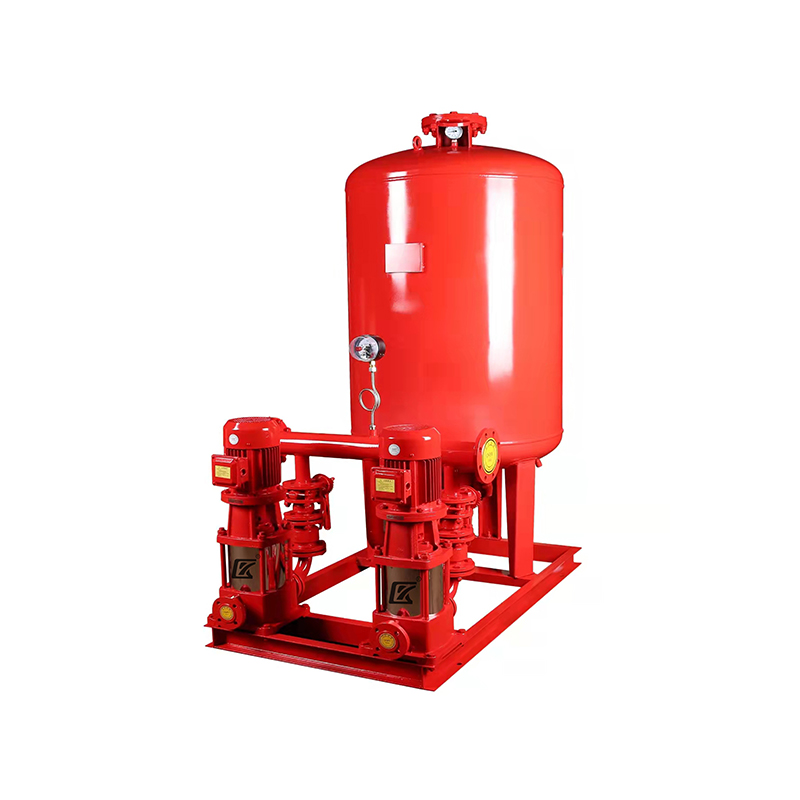
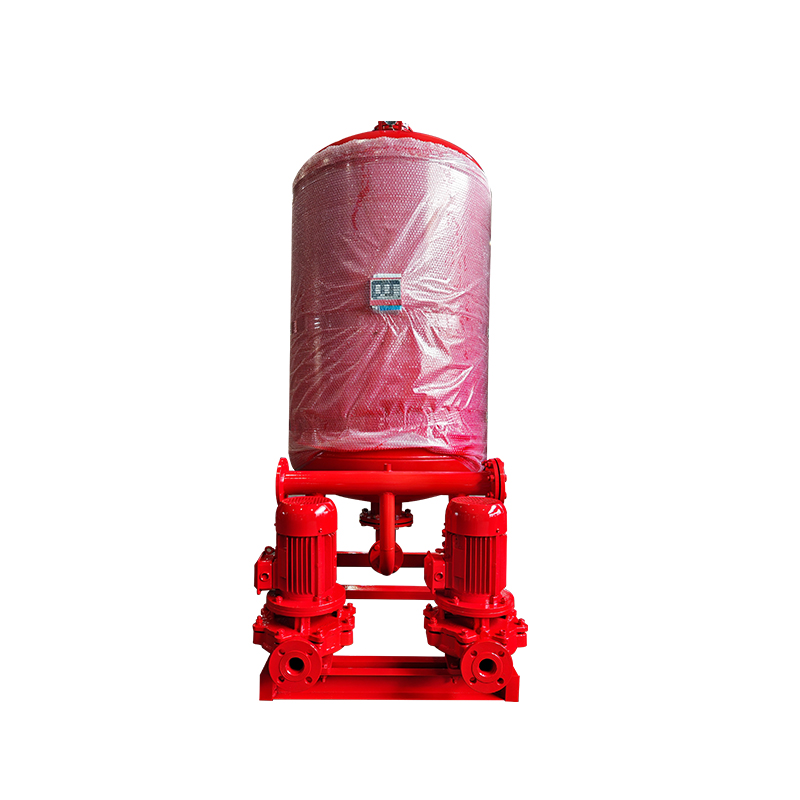

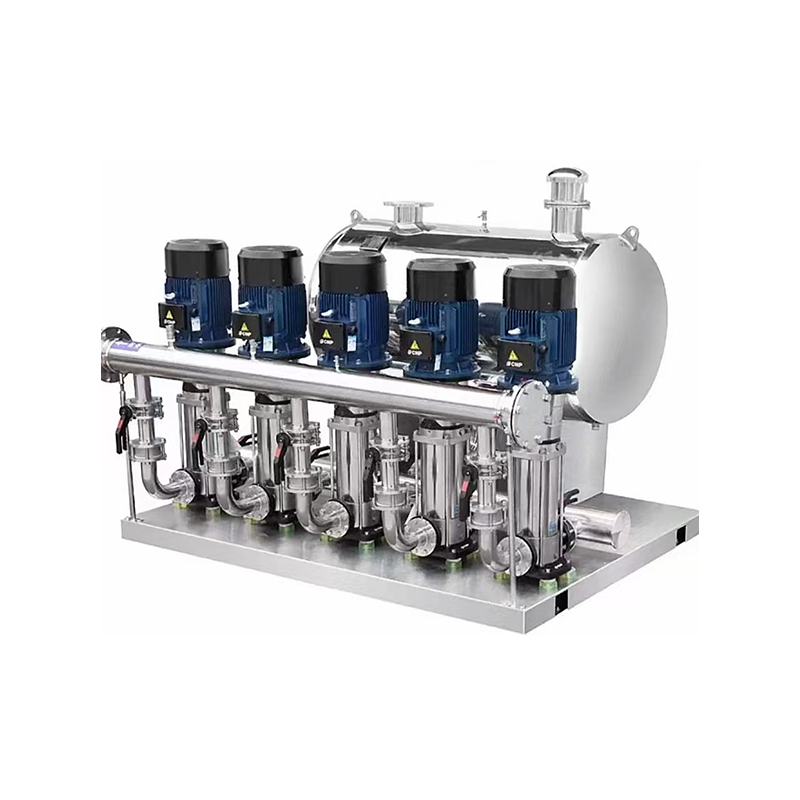
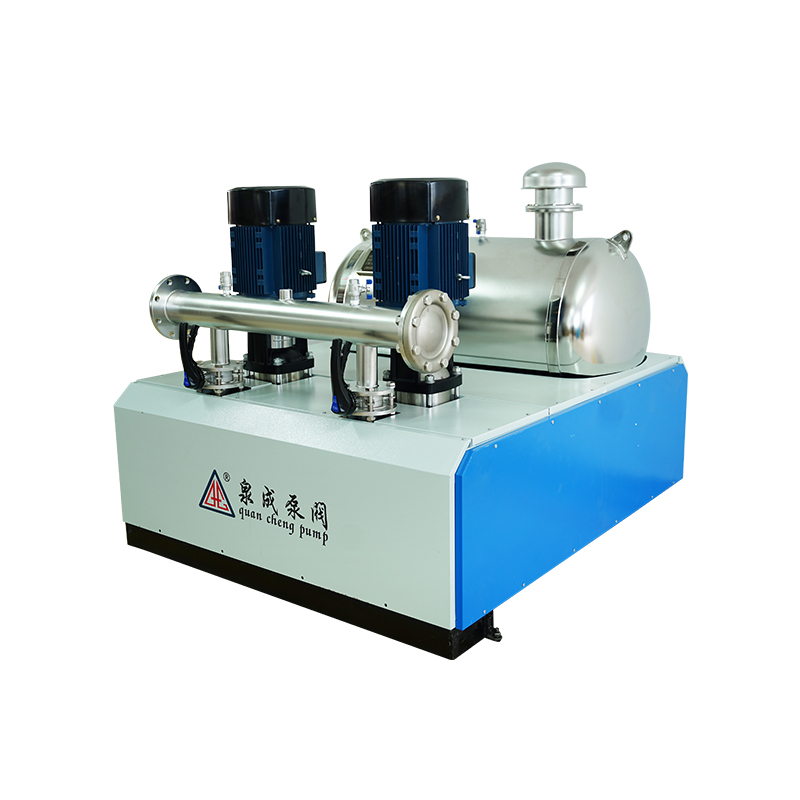
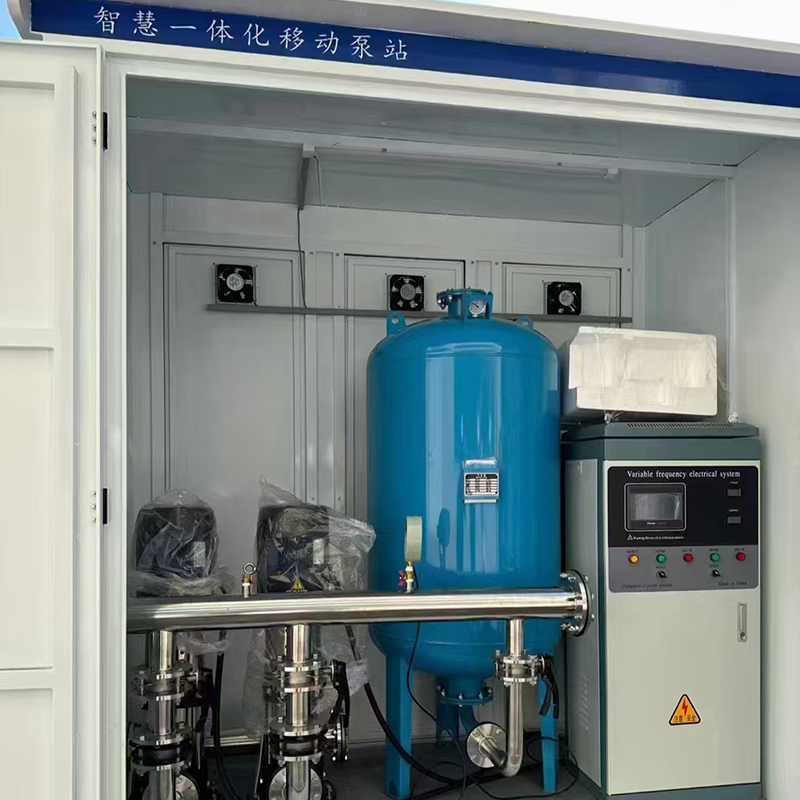
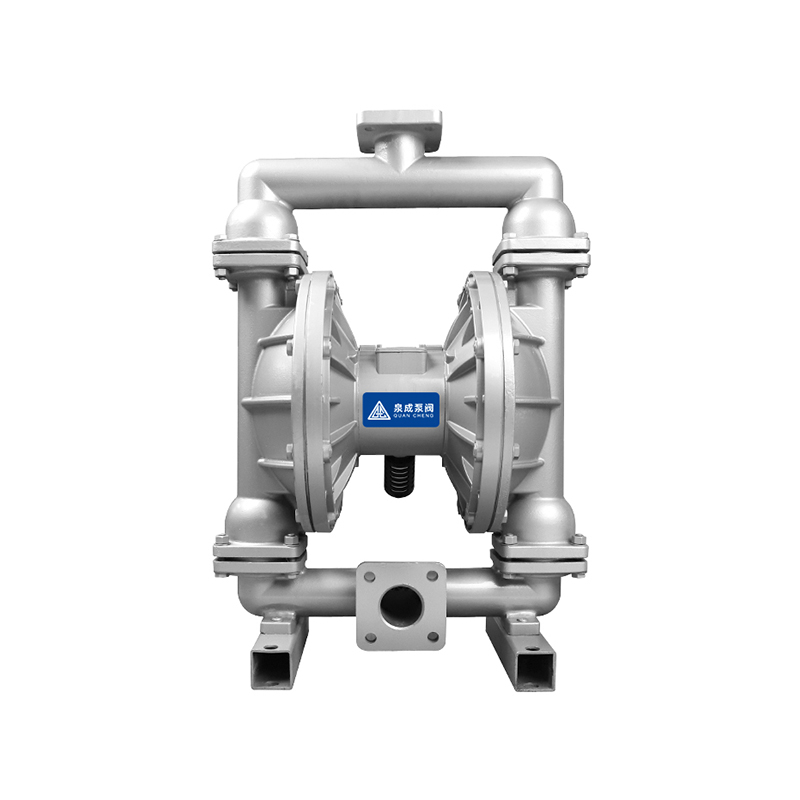
 浙公网安备33032402001888号
浙公网安备33032402001888号
